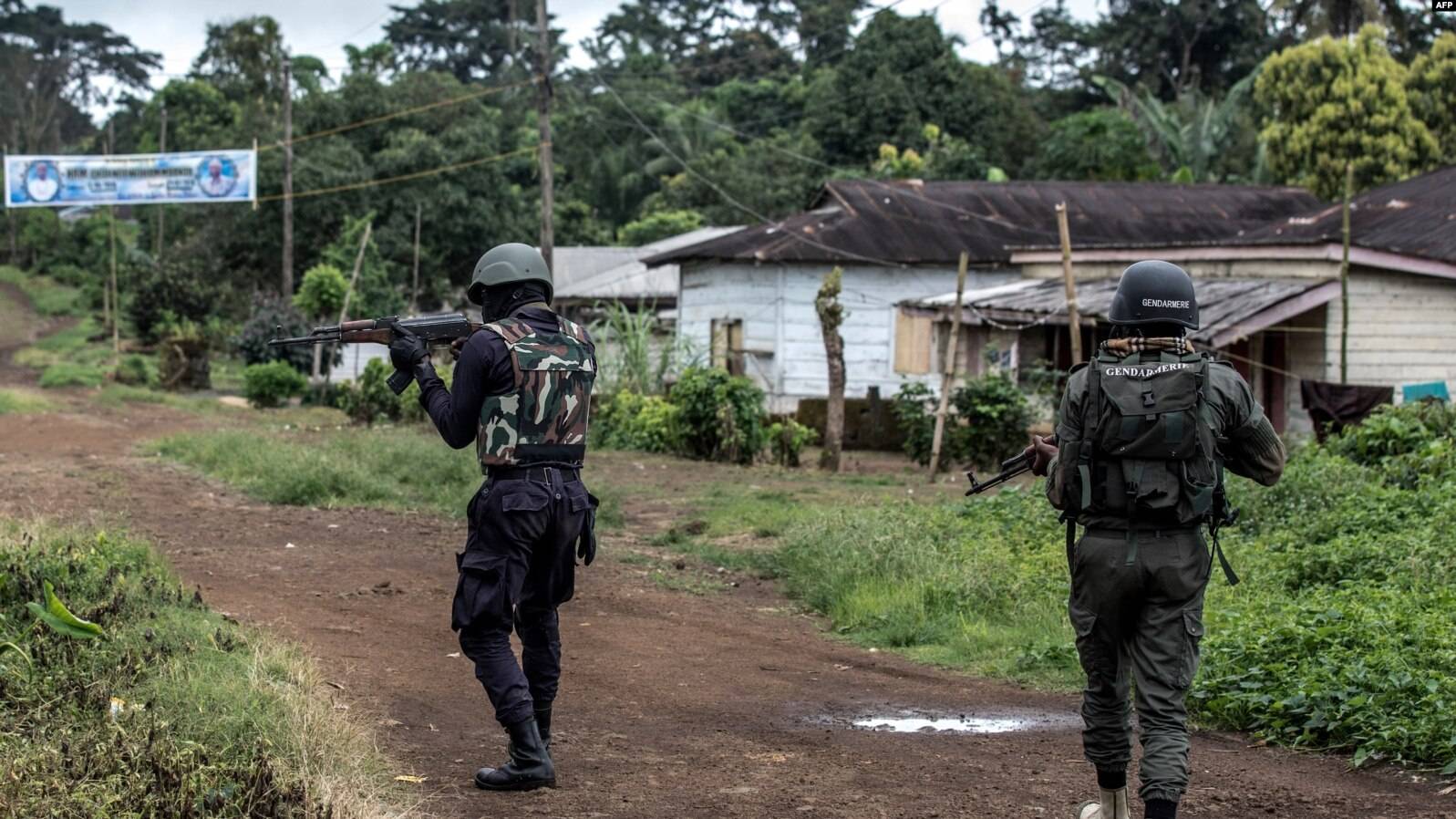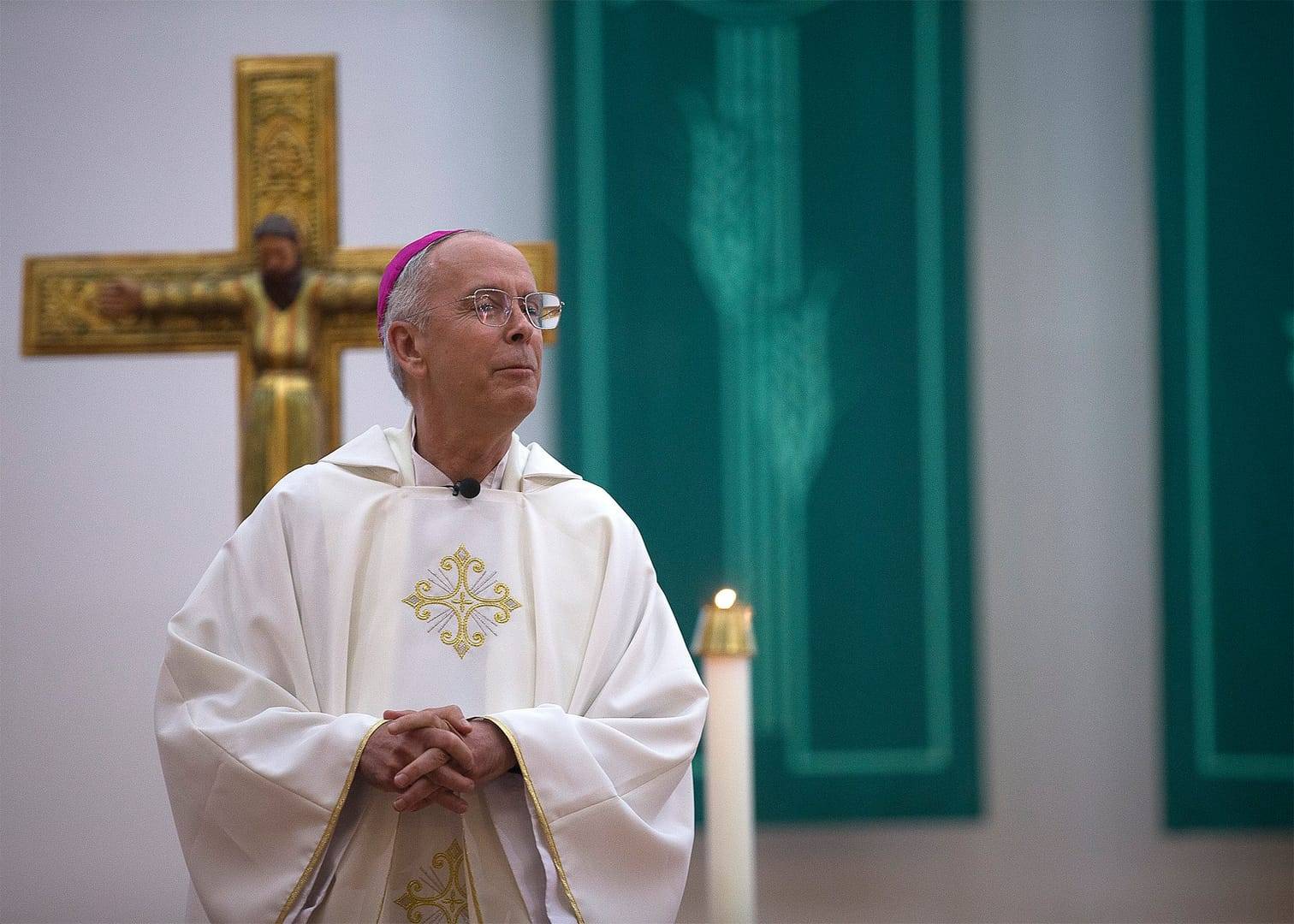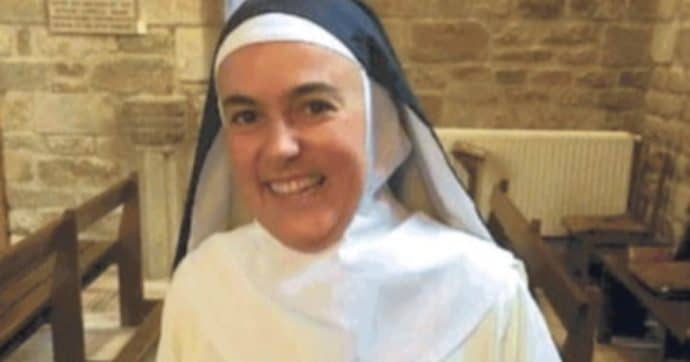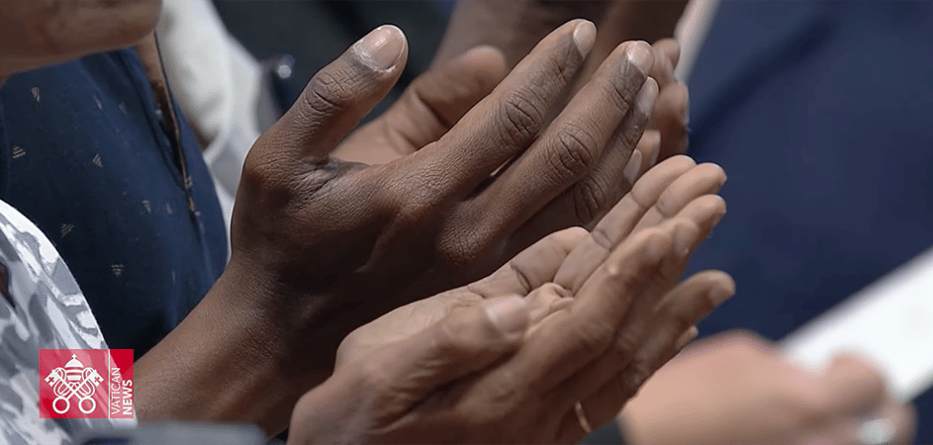Dozens of people have been killed in a series of attacks in the northern Nigerian state of Kaduna.
Christian Solidarity Worldwide says 49 people were killed in the attacks, which took place Sept. 26 and 27.
The organization also says 27 people were kidnapped during the attacks, which the government claims were committed by Islamic State Group-affiliated organizations.
“Once again our hearts break for the people of southern Kaduna who continue to face relentless violence on a near daily basis. We extend our deepest condolences to all those who lost loved ones in these attacks, and pray for the swift return of all abductees,” said Mervyn Thomas, the president of Christian Solidarity Worldwide.
At least 30 people were killed during a Sunday evening attack in the Madamai and Abun communities.
“The Herdsmen came in in large numbers and began shooting at anything on sight,” the local Catholic priest told the Middle Belt Times.
The “Herdsmen” refers to militant Islamist members of the Fulani tribe, who often attack Christian agricultural communities.
“As of this morning [Monday] we have counted 30 dead bodies mostly women and children, 3 still missing while 5 are receiving treatment in the hospital,” he said.
The priest, who requested his name not be used, also told the newspaper at least 20 houses were burn down during the two-hour attack.
“When they came in, they first went to houses of people they know usually help in coordinating local security in the communities and killed them alongside their families before proceeding to other areas. The attackers obviously had a prior knowledge of who to kill before coming,” he said.
Terrorists also attacked the Evangelical Church of Winning All (ECWA) in Gavaciwa, killing one person.
A statement from the Kaduna governor’s office described the attack “as an evil act targeting innocent citizens exercising their constitutional and universal rights to religious freedom.”
Luka Binniyat, the spokesman for the Southern Kaduna Peoples Union, told the newspaper Punch he condemned “the lack of seriousness” of local military leaders who headed Operation Safe Haven, the task force set up to ensure peace in the region.
“It is also unfortunate that both the police and Operation Safe Haven do not have a cheap and simple drone to help them in area surveillance and it looks as if it is deliberately so,” he said.
“As of now, the most protected areas of Southern Kaduna are the Hausa and Fulani settler communities. They’ve heavy presence of Operation Safe Haven, police and related security agencies,” Binniyat continued.
“We are therefore calling on the Nigerian Army to look into this allegation and do the needful. We’re also calling on our youths to remain vigilant, defend their communities, cooperate with security agencies and never take the law into their hands,” he told Punch.
Nigeria’s 206 million people are almost evenly divided between Muslims and Christians. Islam is the dominant faith in the North, and Christianity in the South – but most of the killings take place in Nigeria’s Middle Belt, where the halves of the country meet.
Christian leaders have accused President Muhammadu Buhari, a Muslim, of being soft on the Muslim perpetrators of attacks on Christians.
Christian Solidarity Worldwide claims Kaduna state is currently an epicenter of kidnapping and banditry activity, where the predominantly Christian ethnic minority tribes who inhabit the southern part of the state have experienced relentless attacks since 2011.
“The state and federal governments must do far more to protect all vulnerable communities in an unbiased manner, and to combat the threats posed by Fulani militia and other armed non-state actors,” Thomas said.
“This is also not the first time allegations have been made of inadequate protection despite warnings of an impending attack. This is concerning, and must be investigated by the Nigerian government, and failing that, by the wider international community,” he added.
Follow Charles Collins on Twitter: @CharlesinRome
















